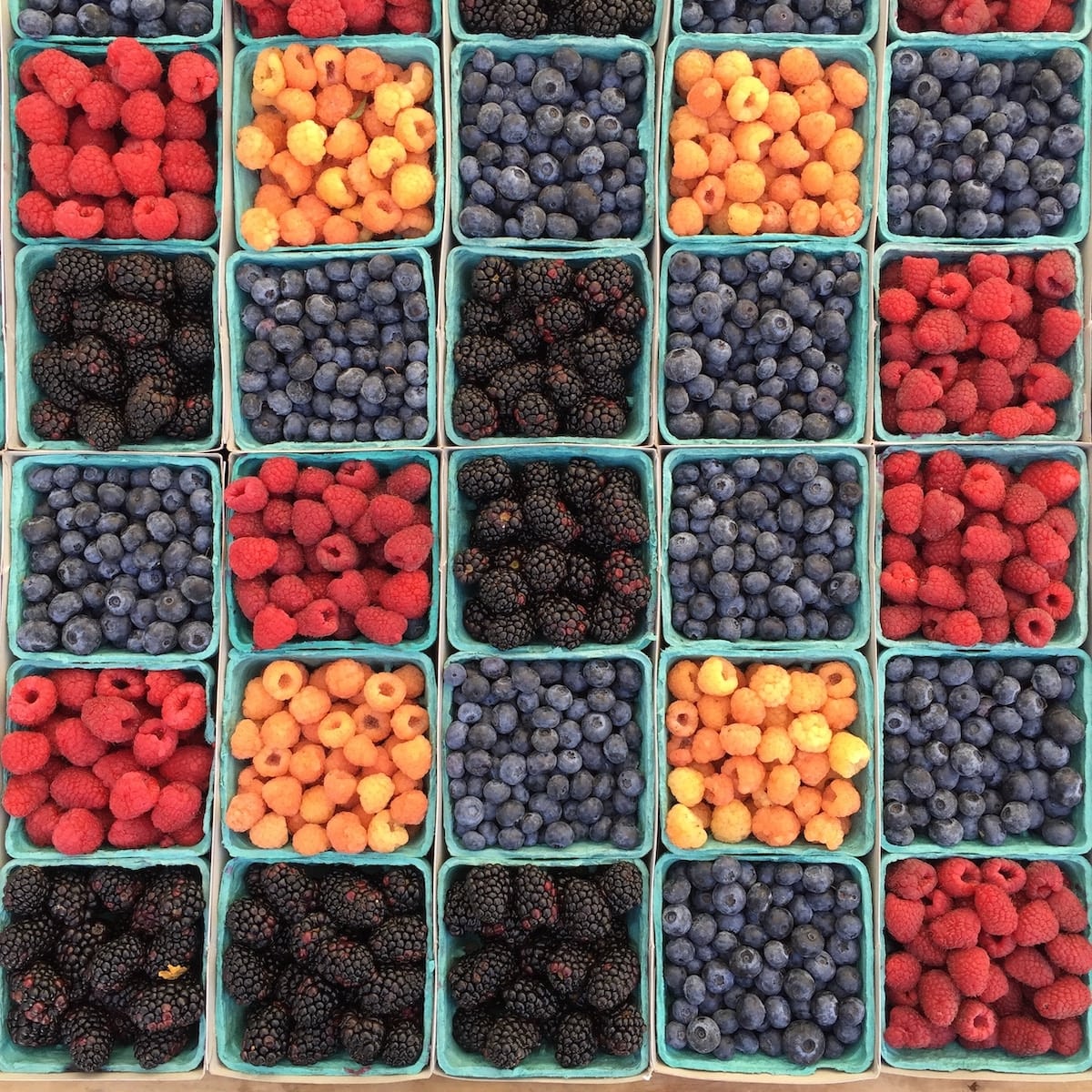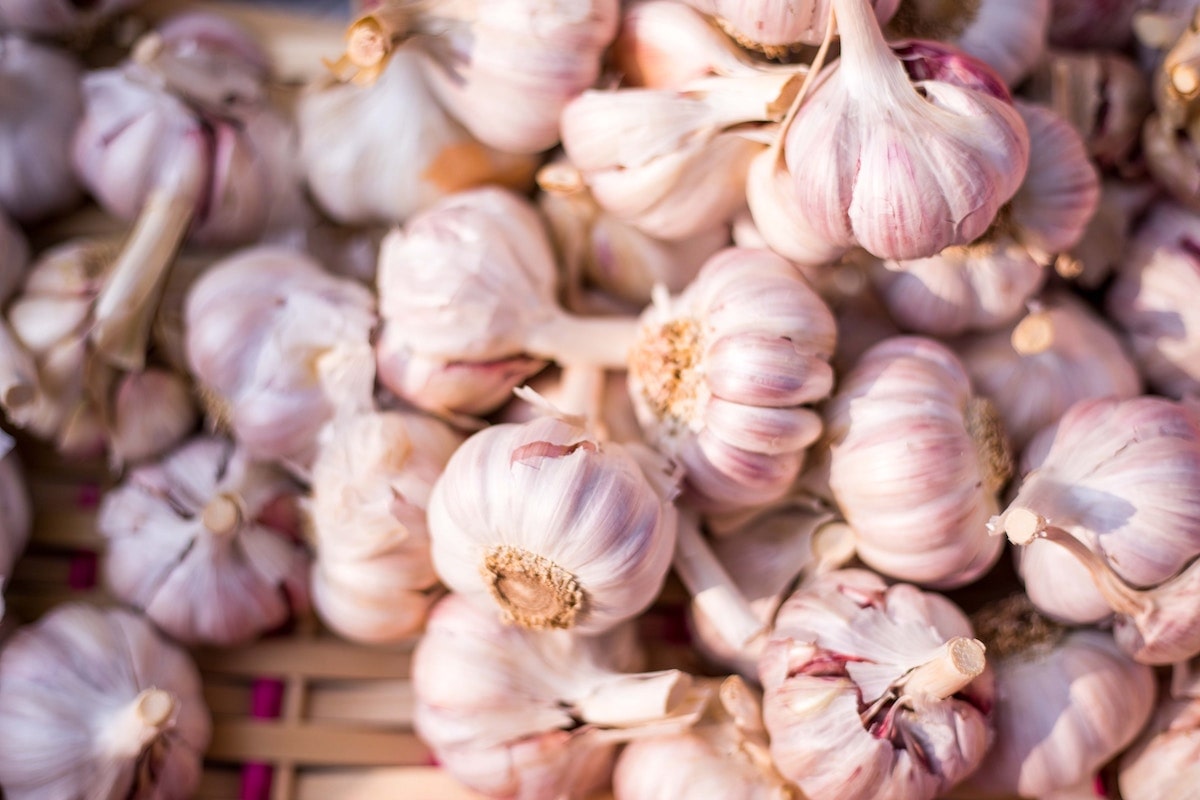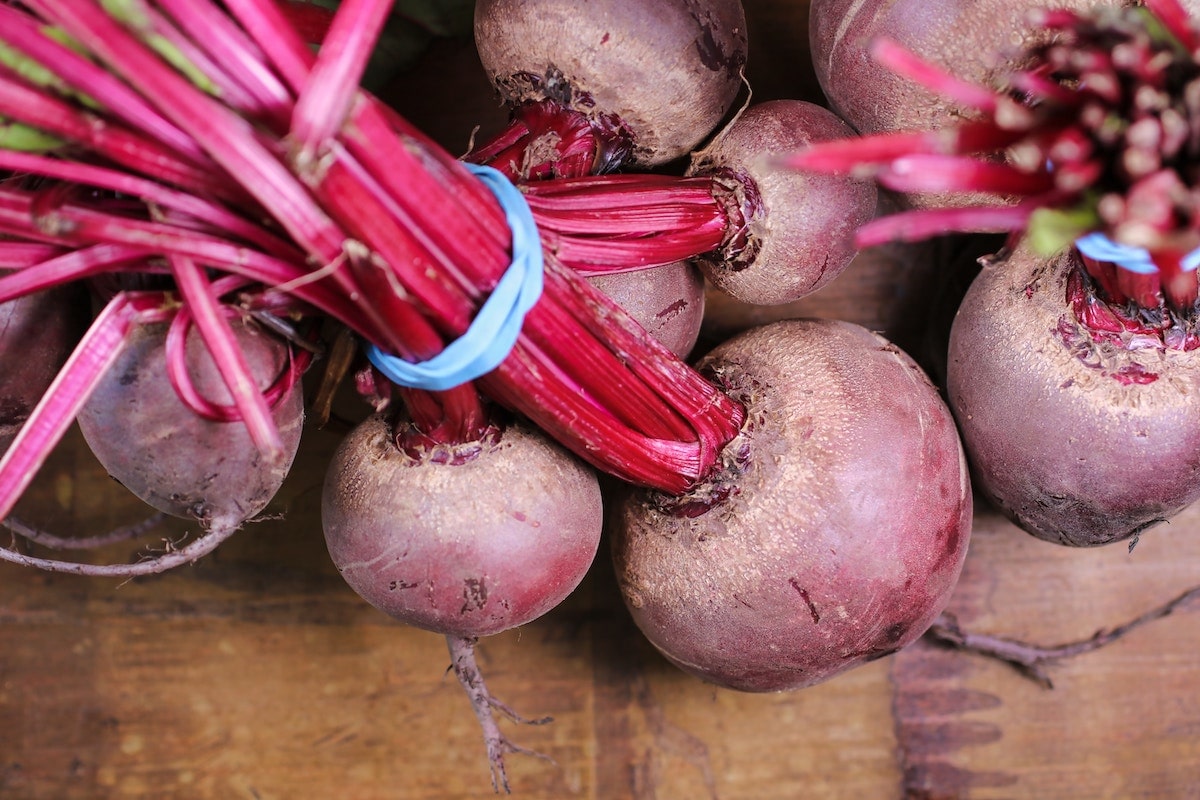Blog
Foods That Fight Inflammation
Food as a natural anti-inflammatory
Hippocrates said “Let food be thy medicine, and medicine be thy food’.
This is the approach we take to healing here at Flourish. One of the most important functions food can serve is as a natural anti-inflammatory.
Depending on what we choose to put in our bodies, food has the incredible ability to either help us or harm us.
Foods like beans, nuts and seeds, good fats, greens, healthy starches and fruits and vegetables all have beneficial properties that can target certain ailments within the body and boost overall health.
Natural anti-inflammatory foods you should be eating
There are plenty of natural anti-inflammatory foods at our disposal that we should be consuming more of, especially if we’re fighting disease and chronic inflammation. Here is a list of just a few:
Tomatoes
Spinach
Kale
Collards
Broccoli
Capsicum
Chill peppers
Mushrooms
Avocados
Almonds
Walnuts
Strawberries
Blueberries
Raspberries
Blackberries
Cherries
Oranges
Grapes
Dark chocolate
Green tea
The health benefits of turmeric are also important to note. The ancient super-spice has significant anti-inflammatory properties, as well as antimicrobial and antioxidant benefits.
Our Turmeric Blend is packed full of turmeric and curcumin, directly targeting inflammation within the body.
4 ways to use food as a natural anti-inflammatory
1. Eat more plant-based whole foods
Plants have been prominently supplementing our diet since back before we were Neanderthals and cavemen.
At a time when meat came few and far between, plants, grains, nuts, seeds and legumes were the core foundation of our meals.
Doesn’t it make sense then, to continue that practice now? We think so.
Packed with a wide range of natural anti-inflammatory nutrients that our bodies need, a whole food plant-based diet helps to both prevent and reverse chronic disease.
2. Say no to processed food
As much as we might love the taste of sweets and fried treats, refined sugars and carbohydrates are not good for us.
Processed foods like fries, lollies, sugary drinks, breakfast cereals, bread and cakes are all known to cause inflammation throughout the body.
Processed foods are rich in trans fats and other toxins that our taste buds may enjoy, but our bodies certainly don’t.
Though it can definitely be a challenge, the best thing you can do for your health is to limit – or entirely remove – these foods from your diet, replacing them instead with whole food plant-based alternatives.
3. Reduce red meat consumption
Red meat can become inflammatory if it is processed, high in fat and eaten in large quantities. Processed meats to avoid include sausages, hot dogs, bacon and store-bought burgers.
At Flourish, we are strong advocates for a plant-based, whole food diet. However, if you enjoy eating meat and want to keep it in your diet, we recommend that you choose the healthiest, leanest and least processed option.
We understand that it can be expensive to buy grass-fed, unprocessed and organic red meat. But if you can reduce your weekly meat consumption, you will also reduce overall costs.
4. Talk to a professional about natural anti-inflammatory supplements
Natural anti-inflammatory supplements are an excellent way to give your body that extra nutritional boost it needs.
If you’re unsure about supplements, talk to your doctor, nutritionist, healthcare professional or the team at Flourish to learn more about the benefits that they offer.
A key component of the turmeric that we use in our Turmeric Blend is curcumin. Curcumin further promotes the health benefits of turmeric through its active, natural anti-inflammatory properties.
The curcumin-rich Alleppey turmeric we use is blended with 13 other plant-based superfoods that support the body’s natural ability to reduce inflammation and alleviate the symptoms associated with chronic health conditions.
A natural anti-inflammatory, food has got your back
Food is a powerful source of natural medicine – we know that now. By eating the right foods, you can help your body to ease and reduce inflammation.
And the best part is that our whole food, plant-based nutritional supplements can help, too.



